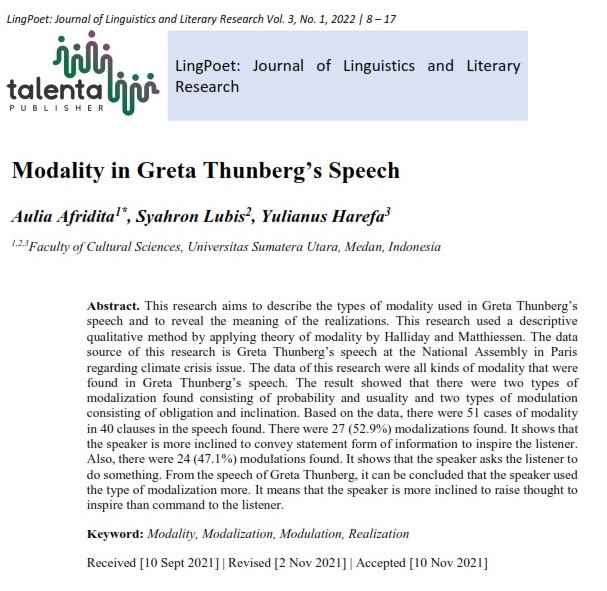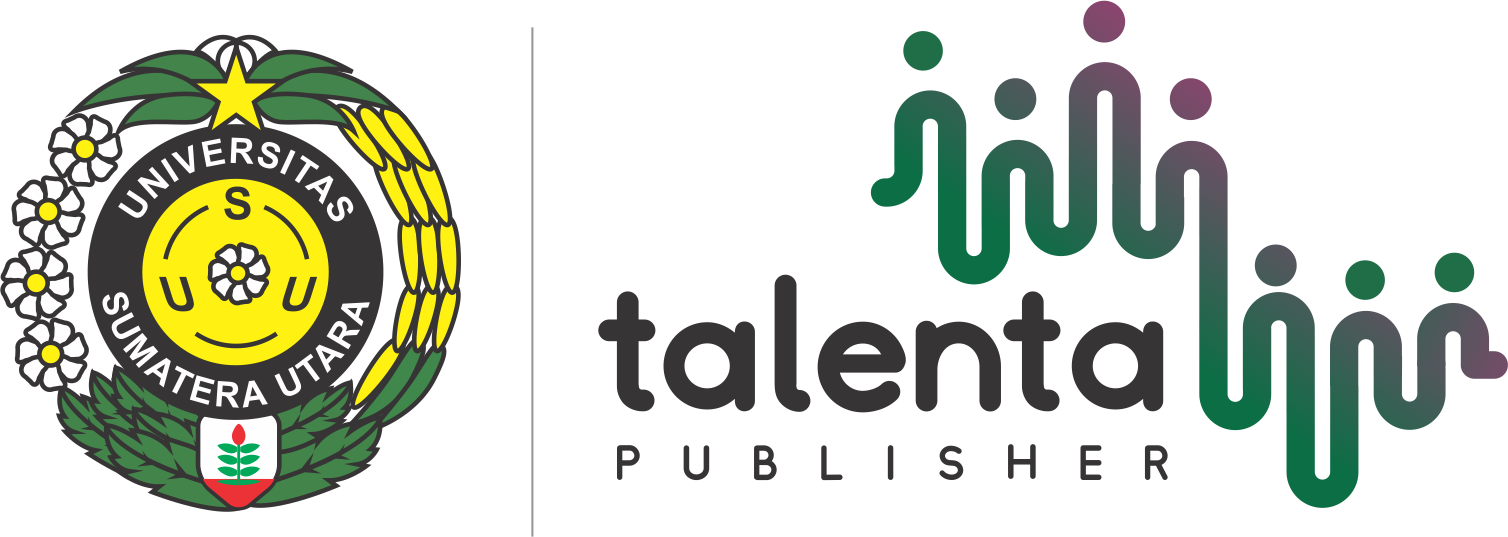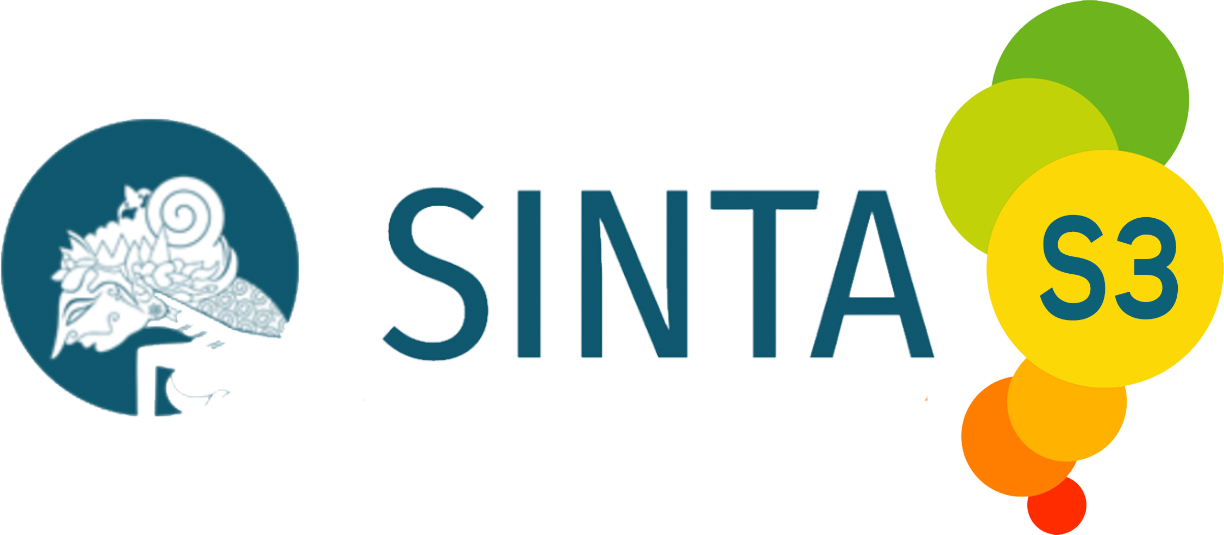Modality in Greta Thunberg's Speech
DOI:
https://doi.org/10.32734/lingpoet.v3i1.8168Keywords:
Modality, Modalization, Modulation, RealizationAbstract
This research aims to describe the types of modality used in Greta Thunberg’s speech and to reveal the meaning of the realizations. This research used a descriptive qualitative method by applying theory of modality by Halliday and Matthiessen. The data source of this research is Greta Thunberg’s speech at the National Assembly in Paris regarding climate crisis issue. The data of this research were all kinds of modality that were found in Greta Thunberg’s speech. The result showed that there were two types of modalization found consisting of probability and usuality and two types of modulation consisting of obligation and inclination. Based on the data, there were 51 cases of modality in 40 clauses in the speech found. There were 27 (52.9%) modalizations found. It shows that the speaker is more inclined to convey statement form of information to inspire the listener. Also, there were 24 (47.1%) modulations found. It shows that the speaker asks the listener to do something. From the speech of Greta Thunberg, it can be concluded that the speaker used the type of modalization more. It means that the speaker is more inclined to raise thought to inspire than command to the listener.
Downloads
References
Bankole, M. A., & Ayoola, M. O. (2014). Mood and modality in Christian magazines: a systemic functional analysis of Christian women mirror. Ikere Ekiti: International Journal of Humanities and Social Science, 4(14), 138-149. Accessed on February 27, 2020. https://www.ijhssnet.com/journal/Vol_4_No_14_December_2014/16.
Halliday, M. A. K., & Matthiessen, C. M. I. M. (2004). An introduction to functional grammar (3rd ed.). London: Hodder Arnold.
Halliday, M. A. K., & Matthiessen, C. M. I. M. (2014). Halliday’s introduction to functional grammar (4rd ed.). Canada: Routledge.
Keraf, G. (2004). Komposisi: Sebuah pengantar kemahiran bahasa. Flores: Nusa Indah.
Miles, M. B., Huberman, A. M., & Saldana, J. (2014). Qualitative data analysis- A methods sourcebook. United States of America: SAGE Publications, Inc.
Suhadi, J. (2011). Epistemic modality and deontic modality: Two sides of a coin, JULISA, 11(2), 156-179
Syam, H. Y. (2004). Kiat sukses berpidato. Yogyakarta: Medi Jenius Lokal.

Downloads
Published
How to Cite
Issue
Section
License
Copyright (c) 2022 LingPoet: Journal of Linguistics and Literary Research

This work is licensed under a Creative Commons Attribution-ShareAlike 4.0 International License.












